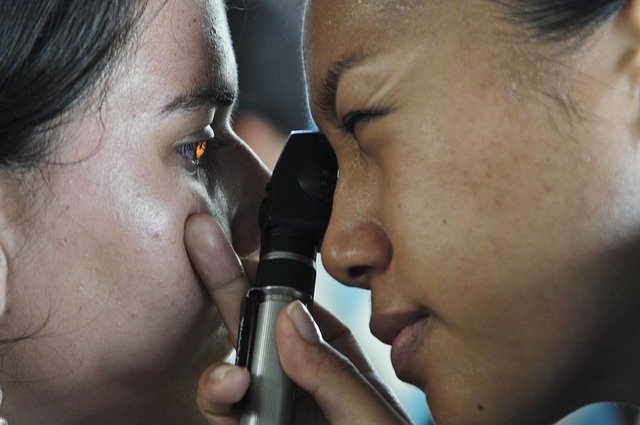Understanding Blood Sugar Levels: Natural Approaches to Management
Lowering blood sugar naturally often involves lifestyle changes such as balanced eating, regular exercise, stress management, and adequate sleep. Foods rich in fiber and whole grains may help stabilize levels. These approaches are sometimes used alongside medical care.

What Are Normal Blood Sugar Levels?
Normal blood sugar levels typically range between 70-99 mg/dL when fasting and remain below 140 mg/dL two hours after eating. These values can vary slightly based on individual factors and testing methods. The body naturally regulates glucose through insulin—a hormone produced by the pancreas that allows cells to absorb and use glucose as energy. When this regulatory system becomes impaired, blood sugar levels can rise abnormally, potentially leading to health complications. Regular monitoring is essential, particularly for those with diabetes or prediabetes, to ensure levels stay within target ranges recommended by healthcare providers.
Natural Ways to Lower Blood Sugar Through Diet
Dietary choices significantly impact blood sugar management. Focusing on foods with a low glycemic index can help prevent rapid spikes in blood glucose levels. Fiber-rich foods like beans, lentils, whole grains, and non-starchy vegetables slow down carbohydrate digestion and glucose absorption. Including healthy fats from sources like avocados, nuts, and olive oil can further moderate blood sugar responses after meals. Portion control remains equally important—even healthy foods can affect blood sugar when consumed in large quantities. Creating balanced meals that combine protein, healthy fats, and complex carbohydrates helps maintain steadier glucose levels throughout the day.
How Physical Activity Affects Blood Sugar Levels
Regular physical activity serves as a powerful tool for lowering blood sugar naturally. When muscles contract during exercise, they can absorb glucose from the bloodstream without requiring insulin—a mechanism particularly beneficial for those with insulin resistance. Even moderate activities like brisk walking for 30 minutes daily can significantly improve blood glucose control. Both aerobic exercises (like swimming or cycling) and strength training have complementary benefits for blood sugar management. The glucose-lowering effects of exercise can persist for up to 24 hours after activity, making consistency more important than intensity for many people managing blood sugar concerns.
The Role of Stress Management in Lowering Blood Sugar Naturally
Chronic stress triggers the release of hormones like cortisol and adrenaline, which can raise blood sugar levels even without food consumption. This stress response was evolutionarily designed to help provide energy during threatening situations but becomes problematic when stress is constant. Incorporating stress-reduction practices such as meditation, deep breathing exercises, yoga, or spending time in nature can help minimize these hormonal responses. Research shows that regular stress management techniques not only improve immediate blood glucose readings but may also enhance long-term insulin sensitivity. Prioritizing adequate sleep further supports healthy blood sugar regulation by preventing stress hormone elevation.
Natural Supplements and Herbs That May Support Blood Sugar Control
Several natural supplements have shown promise in supporting healthy blood sugar levels, though their effects vary among individuals. Cinnamon contains compounds that may enhance insulin sensitivity and improve glucose metabolism when consumed regularly. Berberine, a compound found in several herbs, has demonstrated significant blood sugar-lowering properties in multiple studies. Chromium, a mineral involved in carbohydrate metabolism, may help improve insulin response. Alpha-lipoic acid, an antioxidant, has shown benefits for blood sugar control and nerve health. However, it’s crucial to approach supplements cautiously and consult healthcare providers, as they can interact with medications and aren’t regulated as strictly as pharmaceuticals.
Lifestyle Changes for Long-Term Blood Sugar Management
Establishing sustainable lifestyle habits forms the foundation of effective blood sugar management. Maintaining a healthy weight significantly improves insulin sensitivity—even modest weight loss of 5-10% can substantially lower blood glucose levels in overweight individuals. Consistent meal timing helps prevent extreme fluctuations in blood sugar throughout the day. Adequate hydration supports kidney function in filtering excess glucose. Limiting alcohol consumption is equally important, as alcoholic beverages can cause unpredictable changes in blood sugar. Regular health check-ups allow for early detection of changes in glucose metabolism and timely intervention when necessary.
This article is for informational purposes only and should not be considered medical advice. Please consult a qualified healthcare professional for personalized guidance and treatment.




